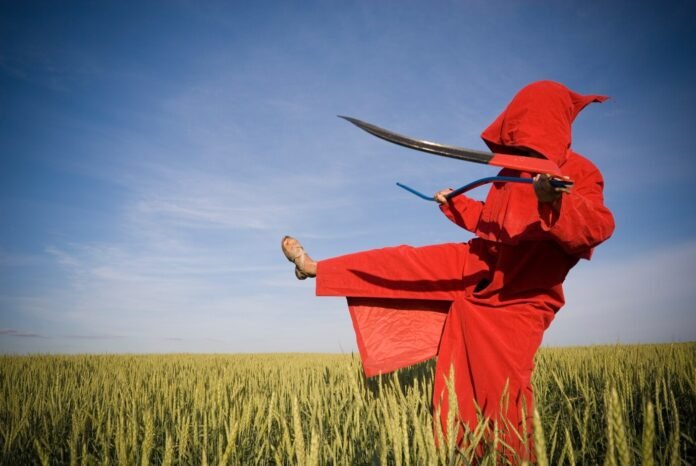Introduction: In the fast-paced world of technology, entertainment, and digital content, certain themes, genres, and terms have become both prevalent and polarizing. “AIUE Oka Nhentai” is one such phrase, a blend of elements from the digital media sphere, that has stirred discussions around art, censorship, and freedom of expression. This article will delve into various facets of this phrase, breaking it down through different headings to understand its deeper implications within modern culture.
1. The Evolution of Digital Content: From Niche to Mainstream
Over the past two decades, digital content has grown in both volume and complexity. What once started as small, niche internet subcultures has exploded into mainstream platforms, impacting the way we consume art, entertainment, and even education. The internet allowed for the rapid spread of ideas, often bypassing traditional media controls. This growth is a reminder that the digital age has shifted boundaries and created new arenas where art and expression can thrive—sometimes, in forms that can be confronting to conventional sensibilities. These online spaces represent an alternative reality where anonymity and the freedom to create and explore ideas are pivotal.
2. The Role of Art and Erotica in Digital Subcultures
In many ways, erotica has always been a part of the human experience. However, its form and accessibility have dramatically changed in the digital age. Online platforms like the one referenced in “AIUE Oka Nhentai” have brought adult content to the forefront of discussion, often accompanied by criticism and fascination alike. But it’s important to note that these platforms aren’t just about consumption—they are also about creativity. Many creators use these spaces to express unique and sometimes unfiltered artistic visions. From animation to storytelling, the genre evolves and grows with the advancements in technology. Erotica is not just about titillation; it also challenges conventional ideas about art, sexuality, and personal identity. By acknowledging this, we can better understand how digital art has expanded the limits of artistic freedom and sexual expression, offering an alternative lens through which culture can be examined and debated.
3. Censorship, Freedom of Expression, and Ethical Considerations
The internet, for all its potential to democratize information and culture, also raises concerns about freedom of expression versus the need for regulation and protection. In the case of content like “AIUE Oka Nhentai,” there are ethical and legal dilemmas to consider. What crosses the line between artistic freedom and harmful content? Should creators be able to freely produce material that some may deem immoral, while others argue that it serves as a form of personal expression or social commentary? The question of censorship looms large in digital spaces. Various governments have tried to regulate or restrict certain types of digital content, especially when it pertains to graphic or explicit material, citing concerns over exploitation, harm, and mental health. However, there is a fine balance between ensuring safety and preserving the autonomy of creators and consumers in a rapidly evolving digital landscape.
4. The Global Debate: Cultural Differences in Perception
The internet’s global nature means that cultural values can significantly influence how content is consumed and understood. What may be considered taboo or offensive in one region may be completely acceptable in another. “AIUE Oka Nhentai” embodies this clash of cultural norms, with varying degrees of acceptance depending on the geographical and cultural context. For example, in countries where free speech and personal expression are prioritized, adult content may be seen as just another form of entertainment. In contrast, more conservative cultures may view such content as morally corrupt or harmful. This cultural divide often sparks debates on what should be universally acceptable in terms of digital media, leading to ongoing tensions between freedom of speech and the protection of societal values.
5. The Future of Digital Content and Its Impact on Society
Looking toward the future, the question arises: What will the next frontier of digital content look like? As technology advances, so too will the methods of creating and sharing content. Virtual reality, augmented reality, and AI-generated content will blur the lines between the creator and the consumer, enabling entirely new forms of interaction and immersion.
Conclusion: “AIUE Oka Nhentai” is more than just a controversial phrase in the realm of digital entertainment. It is a symbol of the complexities surrounding modern content creation, digital freedoms, and cultural values. As we continue to navigate these changing dynamics, it’s essential to understand that this is just the beginning. Digital content will continue to evolve, shaping and reshaping the world around us, influencing the way we think, create, and relate to one another.


